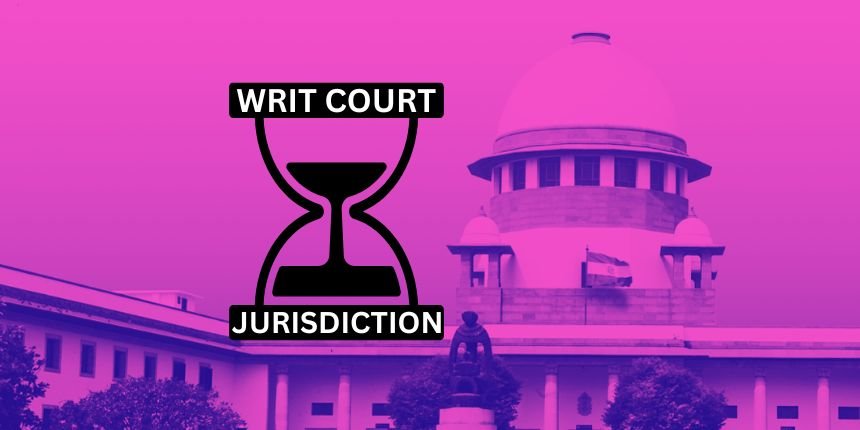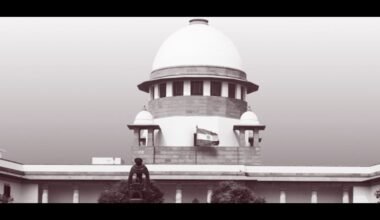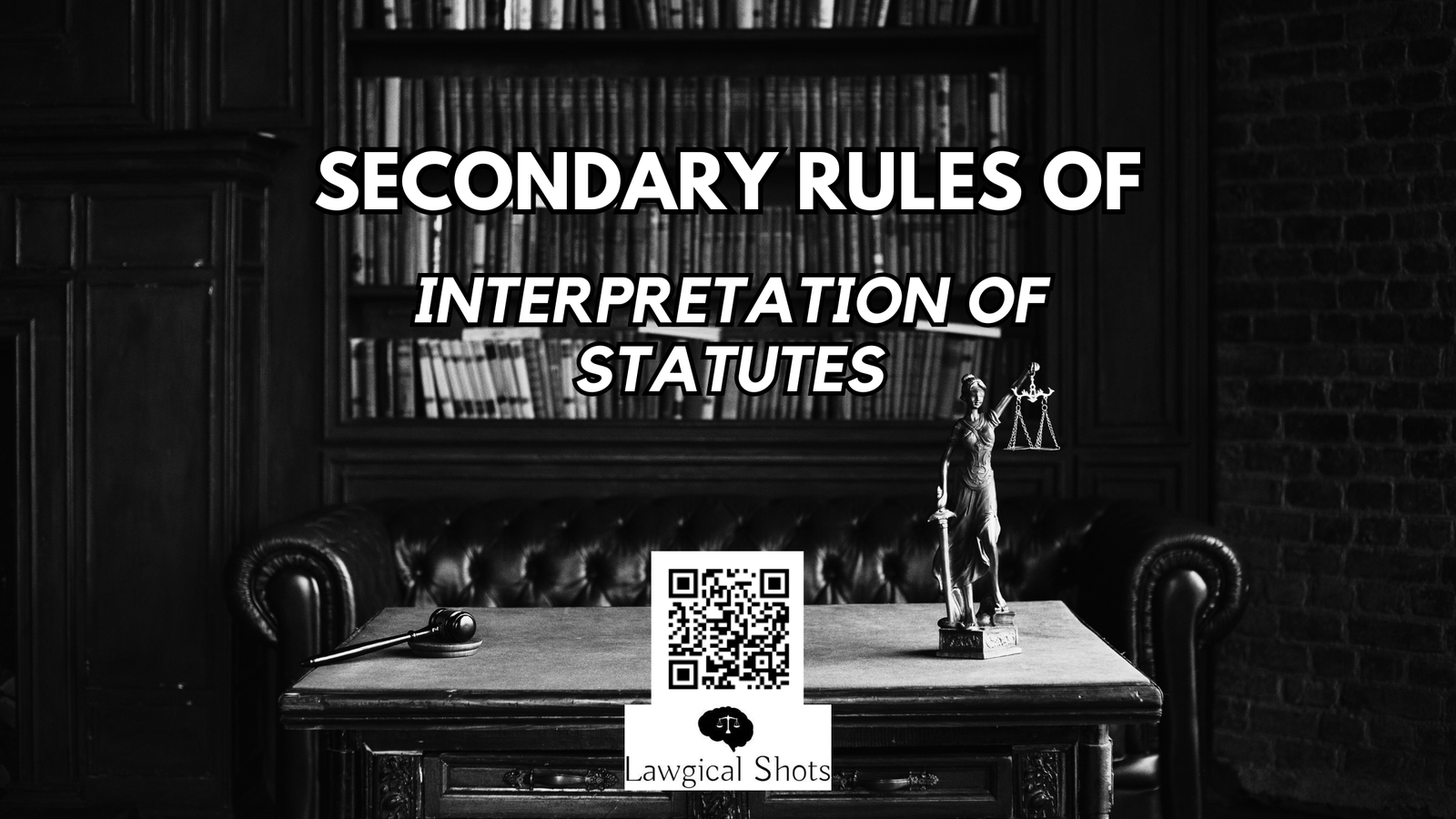Is there any time limit for filing writ petition in High Court? Are Writ Courts bound to entertain regardless of limitation in writ petition? The Supreme Court in this recent decision dealt with and answered these questions. The Division Bench of Justice Pamidighantam Sri Narasimha and Justice Aravind Kumar were dealing with Civil Appeal No. 5027 of 2024 in Mrinmoy Maity v. Chhanda Koley and Others (decided on April 18, 2024).
Factual Background
The matter pertains to a 2012 advertisement seeking applications for LPG Distributorship wherein the appellant succeeded. A letter of intent was issued in 2014 and approval was also granted by BPCL for the appellant to start distributorship. After a lapse of 4 years, the respondent (rival applicant and unsuccessful candidate for distributorship) complained to BPCL and alleged that the land offered by appellant was a Barga land which could not be considered. This was followed by an application by the appellant offering alternate land, which the BPCL allowed.
However, the respondent filed a writ petition in 2017. The Single Judge initially ordered status quo, and dismissed the writ after receiving BPCL report. The ground for dismissal was lack of locus standi, since the respondent was one of the participants in the selection process. However, the Division Bench allowed the appeal against the decision of the Single Judge with its focus on land controversy. The said decision was challenged in the instant appeal.
Court’s Analysis of Time Limit for Filing Writ Petition in High Court
The Court primarily opined that the writ petition ought to have been dismissed due to delay and latches. It went on to observe that “An applicant who approaches the court belatedly or in other words sleeps over his rights for a considerable period of time, wakes up from his deep slumber ought not to be granted the extraordinary relief by the writ courts. This Court time and again has held that delay defeats equity. Delay or latches is one of the factors which should be borne in mind by the High Court while exercising discretionary powers under Article 226 of the Constitution of India.”
The Court suggested High Courts to refuse invoking their extraordinary powers when the petitioner’s laxity to assert his right allowed drifting away of the cause of action, thereby making attempts to rekindle the lapsed cause of action. The Court further cautioned that “If the delay which has occasioned in approaching the writ court is explained which would appeal to the conscience of the court, in such circumstances it cannot be gainsaid by the contesting party that for all times to come the delay is not to be condoned. There may be myriad circumstances which give rise to the invoking of the extraordinary jurisdiction and it all depends on facts and circumstances of each case, the same cannot be described in a straight jacket formula with mathematical precision.” Therefore, the Court left the ultimate discretion with the Writ Courts.
Limitation in Writ Petition
The Court acknowledged that there was no fixed period of limitation prescribed for filing a writ petition. The Bench further explained that the Courts need to see reasonability of time regarding cause of action in writ petition when the extraordinary jurisdiction is invoked. It suggested that in case of delay and latches, the appeal ought to be dismissed. The Apex Court explained that “It is true that there cannot be any waiver of fundamental right but while exercising discretionary jurisdiction under Article 226, the High Court will have to necessarily take into consideration the delay and latches on the part of the applicant in approaching a writ court.”
The Court cited the decisions in Tridip Kumar Dingal and others v. State of W.B and others (2009), Karnataka Power Corporation Ltd. and another v. K. Thangappan and another (2006), and Chennai Metropolitan Water Supply & Sewerage Board and others v. T.T. Murali Babu (2014) to support its stance on writ jurisdiction and delay.
Decision
Going by the aforesaid explanation, the Bench allowed the instant appeal. It reasoned that the respondent was a rival applicant for LPG Distributorship, who was also aware of the developments but did not challenge the process earlier. The Apex Court further hinted towards the modification dated 15-04-2015 allowing Oil Marketing Companies to offer alternate land when the initially offered land was found deficient/unsuitable/change of land. The Bench upheld the discretion exercised by BPCL in this regard.








